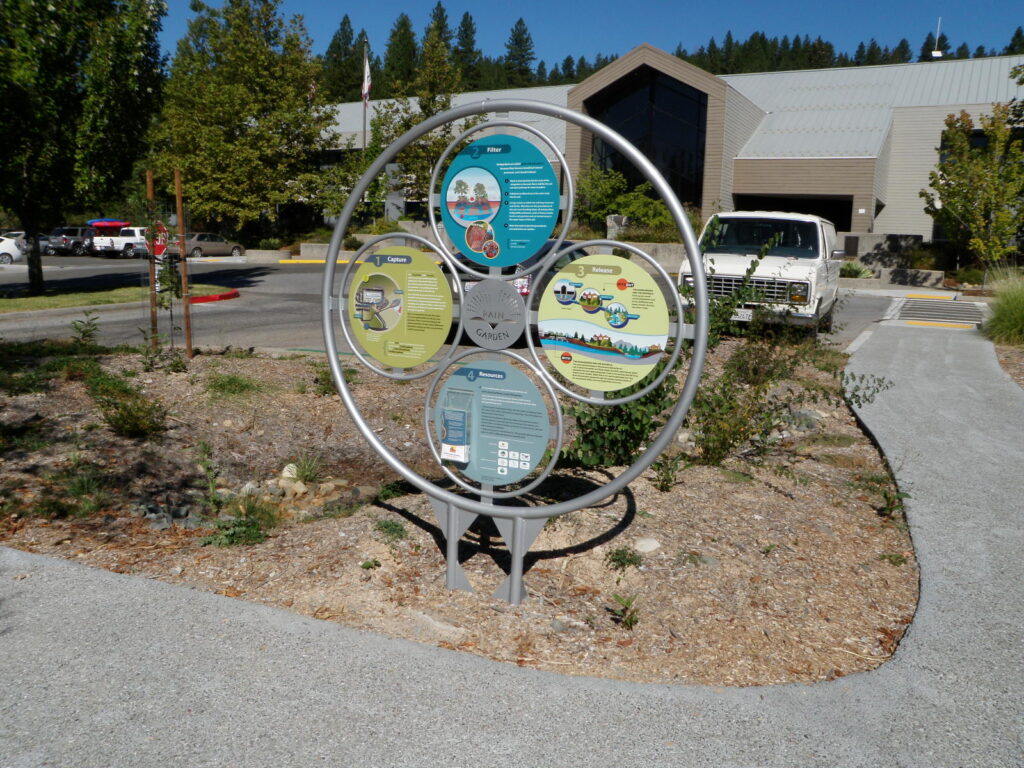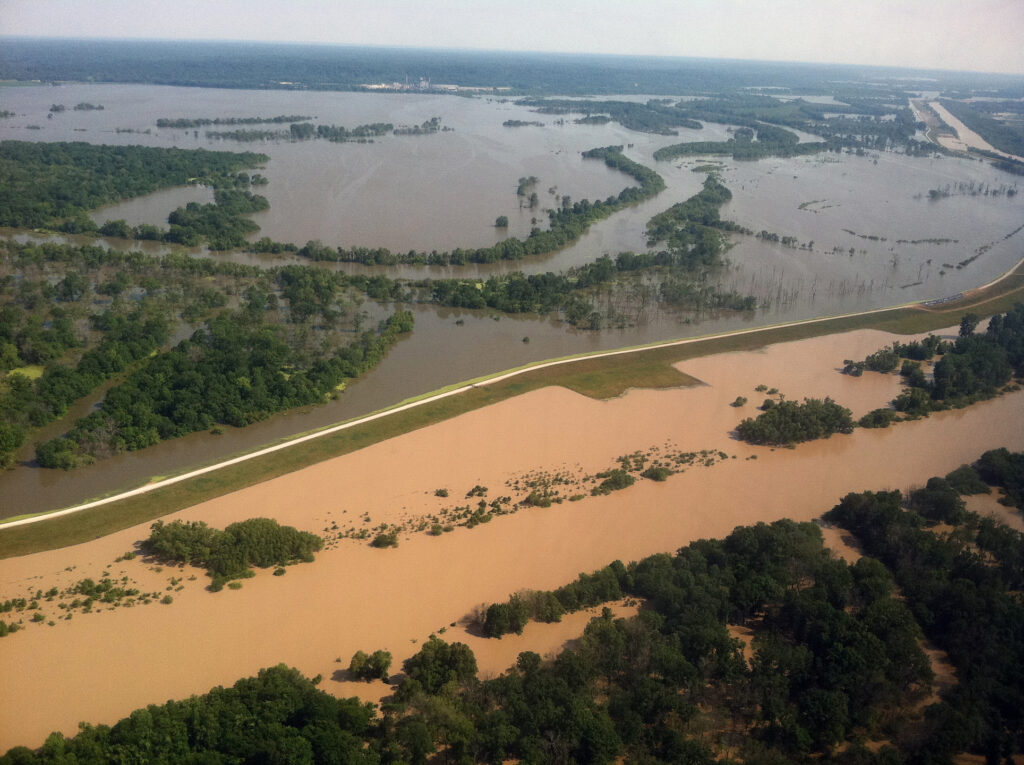Kudos! Inaugural Green Infrastructure Funding Academy Cohort Celebrates Graduation
With the Green Infrastructure Funding Academy now at a close, we have four key takeaways.

This blog was written by Jeff Odefey, American Rivers; Shanyn Viars, American Rivers; Janet Clements, Corona Environmental Consulting; Caroline Koch, WaterNow Alliance
American Rivers, Corona Environmental Consulting, and WaterNow Alliance are delighted to congratulate the first Green Infrastructure Funding Academy cohort on their completion of this in-depth funding and financing training series. Unbowed, and perhaps even further motivated, by this volatile period in utility management and in the face of uncertain local conditions, participants came together over the past six months to gain a deep understanding of stormwater credit trading and debt financing structures and opportunities. The cohort included representatives from Milwaukee Metropolitan Sewerage District; Tuscon, Arizona; Greensboro, North Carolina; Metropolitan Water Reclamation District of Cook County, Illinois; Eugene, Oregon; Atlanta Department of Watershed Management; Sheboygan, Wisconsin; San Mateo County, California; Metropolitan St. Louis Sewer District; and Green Bay, Wisconsin—cities and utilities across the country representing a diversity of stormwater challenges and perspectives.
In five workshops, the Academy curriculum covered a range of issues informed by the participants’ unique and common stormwater management and green infrastructure implementation challenges. Building from an initial convening to find common ground around key goals and expectations, we launched into a series of monthly web-based workshops that covered the fundamentals of stormwater credit trading and essential information related to using debt financing for green infrastructure projects. Through these sessions, staff from the partner organizations and outside experts led discussions into the feasibility of both approaches, and the detailed, often arcane essentials related to economic, legal and tax considerations. Finally, in October 2020, the Academy culminated in a two-day conference that allowed us to devote considerable time and attention adding detail to earlier topics and exploring other issues of concern. These longer sessions brought Academy participants together with industry leaders, academic experts and community advocates in a unique and rewarding opportunity for small group conversations.

While the cohort’s stormwater challenges ranged from flooding to combined sewer overflows to compliance with MS4 permits, a few common themes emerged over the course of the Academy. The group grappled with ongoing operation and maintenance concerns and heard about opportunities to support local workforce development as a possible solution. Participants shared their concerns about the cost of administering a stormwater credit trading program and learned of ways to streamline that process. The cohort reviewed the legal, accounting, and tax implications of using municipal bonds to finance green infrastructure investments on private property and gained insights into the types of projects that can be part of a stormwater system.
With the Green Infrastructure Funding Academy now at a close, we have four key takeaways. First, as the Academy organizers, we are not only grateful for our participants’ thorough engagement and interest in these issues but are also impressed by their eagerness to learn—from Academy presenters as well as each other—and consider new approaches to age old challenges. Second, alternative financing methods allow municipalities to fully capture the multiple benefits of green infrastructure including job growth through green/blue careers, increased walkability, reducing urban heat island, among many others. Third, collaboration between agencies, NGOs and community leaders is important to achieving stormwater goals and fostering climate resilient cities. Finally, scaling adoption of green infrastructure will not only take creative market-based approaches and capitalization of private property investments but also identifying stable operation and maintenance funding.
American Rivers, Corona Environmental Consulting, and WaterNow Alliance look forward to hosting future green infrastructure workshops and working with communities as they continue to build sustainable, resilient water management solutions. If you’re interested in participating in a future workshop or learning more about stormwater credit trading or debt-financing, please feel free to contact Jeff Odefey at jodefey@americanrivers.org for inquiries to American Rivers or Caroline Koch at cak@waternow.org for inquiries to WaterNow Alliance.



